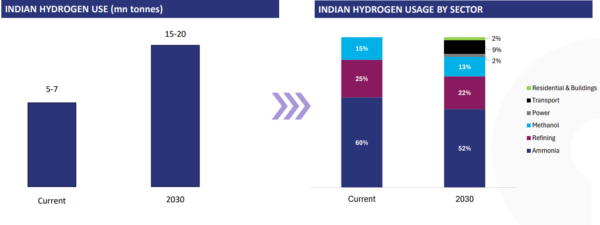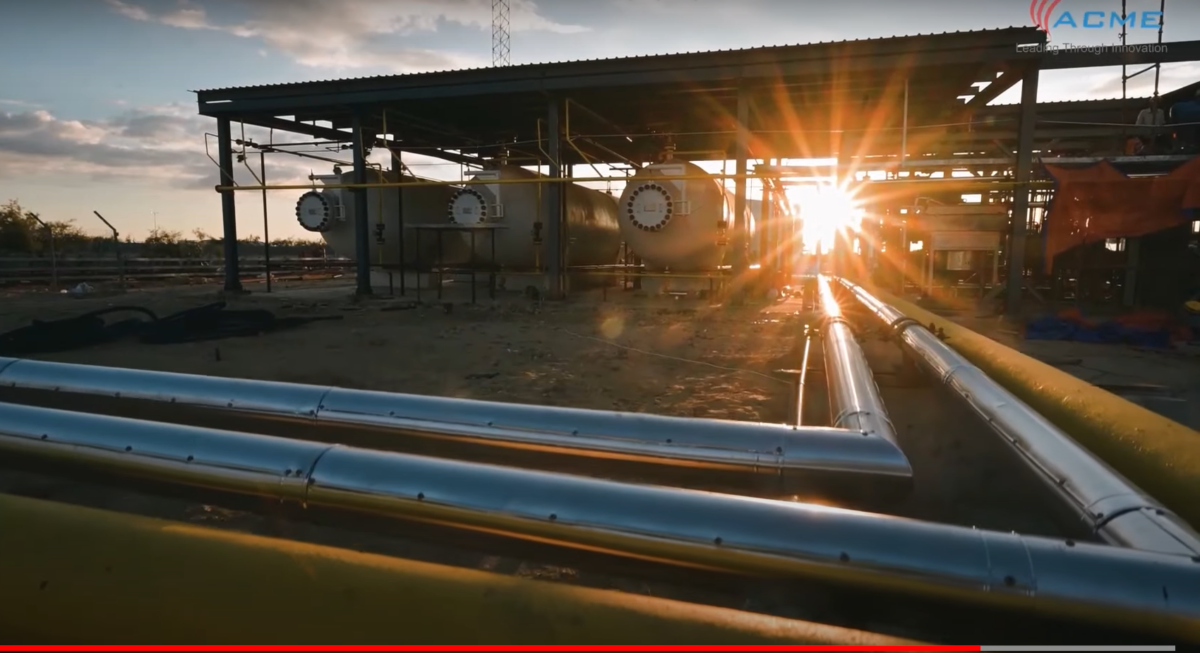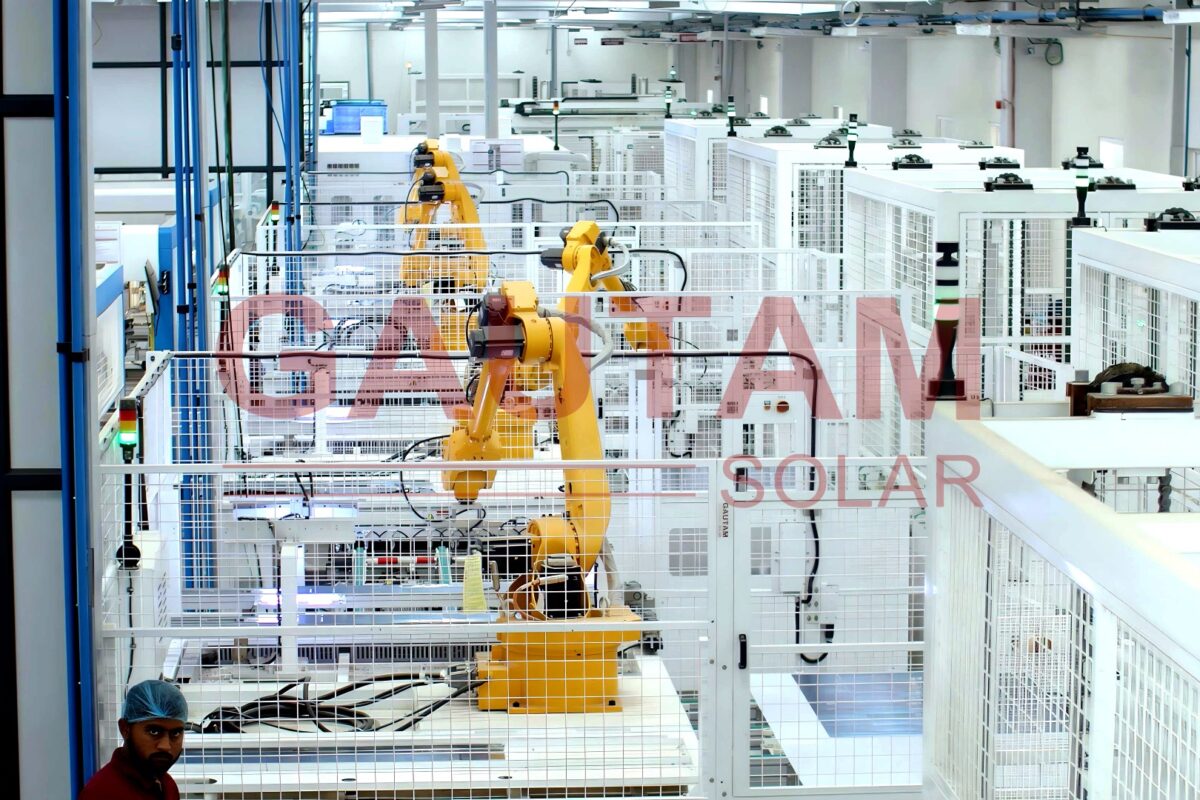A new report by SBICAPS says India would need a massive INR 8-10 trillion investment by 2030 to develop its green hydrogen ecosystem envisaged under the National Green Hydrogen Mission. Of this, INR 1.6 trillion will go towards building 60 GW of electrolyser capacity, while INR 4.2 trillion will be required for setting up 5 million tonnes per annum of green molecule production capacities. An additional INR 4.5 trillion would be needed in setting up associated renewables capacity to fuel these new factories.
The report says effective financing is contingent on addressing issues such as uncertain demand offtake, high costs of capex, logistical difficulties in arranging water, electricity, storage, offtake infrastructure, etc, limited debt financing, and stranded asset risk. The solutions in place include electrolyzer production subsidies under Strategic Interventions for Green Hydrogen Transition (SIGHT) programme, ISTS charges waiver, green hydrogen hubs, firm demand commitments for green H2 and derivatives, and specialised power finance institutions,
As per the report, hydrogen use in India will triple to 15-20 million tonnes per year by 2030 from 5-7 million tonnes currently– much faster than the global growth rate. While industrial uses will still dominate, 13% of the hydrogen use in India by 2030 will be from new sources (power, transport, residential and buildings).

Currently, more than 95% of the world’s hydrogen production is using dirty traditional processes using fossil fuels. Green hydrogen, which is produced through water electrolysis powered by renewables, emerges as the solution.
India is well positioned to take the green hydrogen leap with a high renewable energy potential of 2.1 TW, low cost of RE (INR 2.5-3.5/kWh), robust domestic demand and trade advantage. However, as much of the capacity for green H2 has to be set up from scratch, financing ecosystem must evolve to accommodate this opportunity.
This content is protected by copyright and may not be reused. If you want to cooperate with us and would like to reuse some of our content, please contact: editors@pv-magazine.com.









By submitting this form you agree to pv magazine using your data for the purposes of publishing your comment.
Your personal data will only be disclosed or otherwise transmitted to third parties for the purposes of spam filtering or if this is necessary for technical maintenance of the website. Any other transfer to third parties will not take place unless this is justified on the basis of applicable data protection regulations or if pv magazine is legally obliged to do so.
You may revoke this consent at any time with effect for the future, in which case your personal data will be deleted immediately. Otherwise, your data will be deleted if pv magazine has processed your request or the purpose of data storage is fulfilled.
Further information on data privacy can be found in our Data Protection Policy.